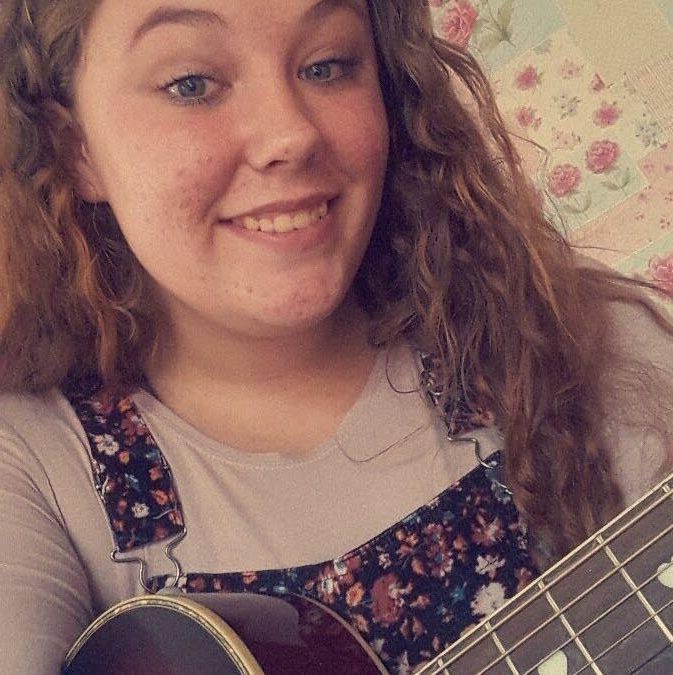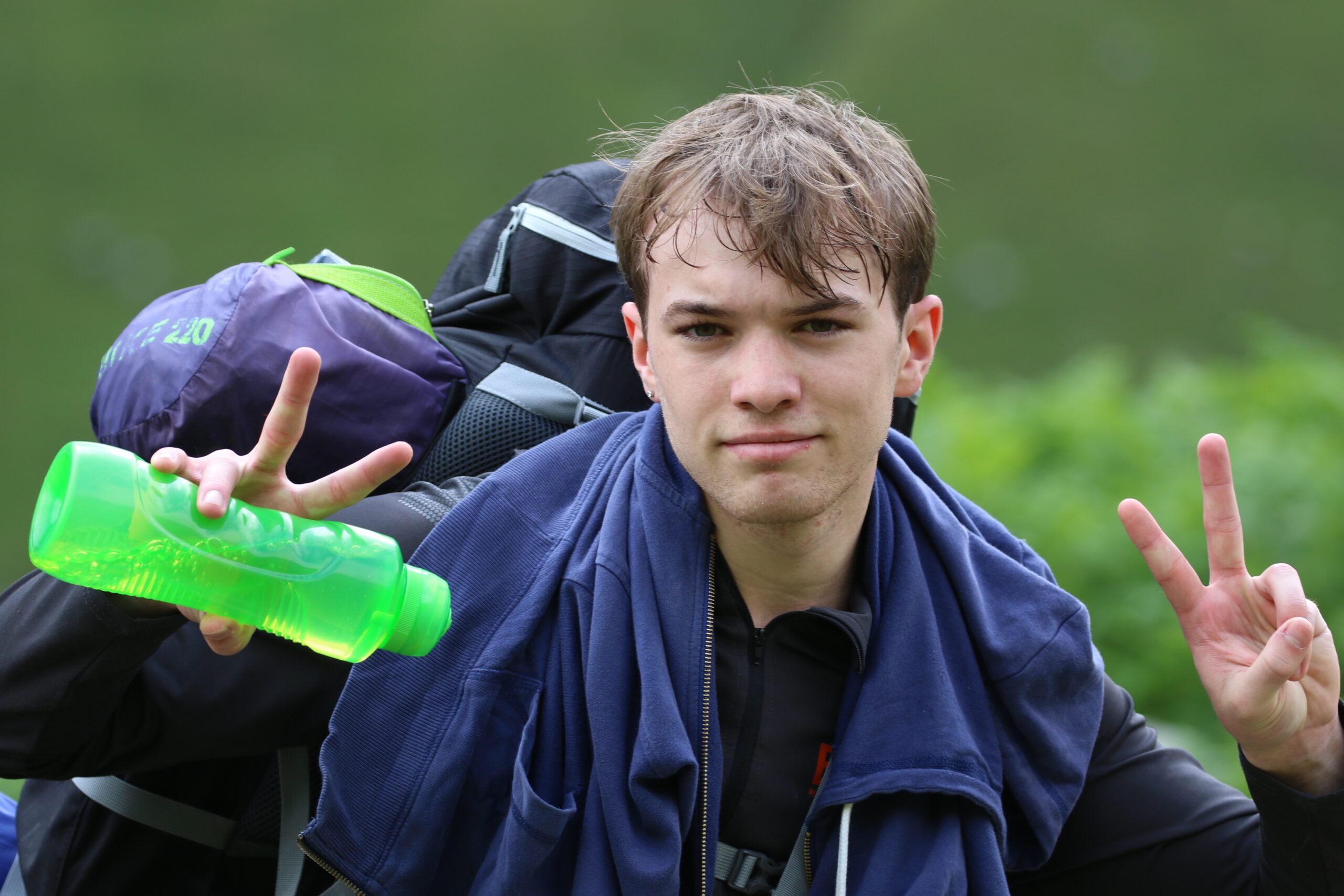Music
Entry Criteria
- English Language GCSE Grade 4
- Mathematics GCSE Grade 4
- Grade 4 in this subject at GCSE
Examination Board
- Eduqas
Click here to visit the exam board course page for A Level Music.
Teaching Staff
- Mrs Bostock
- Mrs Doyle
Course Introduction
Music A Level is both an academic course with deep study of a range of music and a practical course with opportunities to perform, compose and use Music Technology to support these activities. It is an ideal course for you if you love to take part in create or listen to Music.
The course has some flexibility and you will be able to bring out your personal strengths as you progress through the sixth form.
You will develop your performance skills, through regular performing opportunities, coaching and observing performances
There is the chance to participate in concert trips at various times in the course.
Why is Crompton House great for studying Music A Level?
There is a large and active Music Department with a busy schedule of performance opportunities.
One of the most effective ways to consolidate your learning is to pass it on, and there are many leadership and mentoring opportunities with KS3 and KS4 students to fulfil this including, classroom support, leading ensembles, mentoring individuals or small groups of students and assisting/leading technical support for events.
You can take advantage of our fantastic resources. These include a PC suite for Music, running Sibelius and Musescore software. Students also have access to Soundtrap and Logic digital audio workstations, as well as Yamaha pianos alongside a suite of practice rooms and rehearsal spaces.
Career possibilities:
In addition to the musical career paths listed below, Music develops a range of transferable skills including; both independent and team working, performance and presentation, analytical and essay-writing, self-discipline, creativity, self-expression and listening. All of these skills are valuable for a wide range of career paths.
- Composing
- Professional playing, singing or conducting
- Arts administration
- Music journalism
- Music editing and publishing
- School teaching (class or instrumental)
- Recording production
- Broadcasting work
- Private teaching (individual pupils)
Work in other creative industries e.g. TV, Theatre, Radio, Creative Education, Therapy
Our musicians regularly go on to study at top universities and conservatoires around the country. In this blog post, James, Julian and Adam discuss how they chose their conservatoires and why they are studying music further.
What do our students say about Music?
My favourite thing about studying Music A Level is the compositions. They challenge me in so many ways, it can be frustrating but it gives me motivation to be that little bit better with each one I do.
One thing I wish I had known before I started was how open minded to the styles of music and the composers we study I needed to be. Some of them were a shock to the system when we first started! My advice for the new Year 12 Music class would be to have an open mind and don’t lose sight of the passion you have for the subject, without the passions it feels 10x harder than it is.
As well as studying Music, I chose Drama and English Language. Obviously the performance side of Music and Drama tie together, but all three require analysis of materials and the ability to appreciate different styles and techniques.
My plan for after Sixth Form is to go to an Arts University and do either a Music Performance or Musical Theatre degree.

Maddie joined Crompton House Sixth Form from Royton and Crompton E-ACT Academy; she is studying Music and Drama and English Language

Like many of our Sixth Form students, James completed his Duke of Edinburgh Gold Award during his time in the Sixth Form.
A Level Music Performance
Hear Julian play Vocalise by Rachmaninov as practice for his A Level Music performance.



